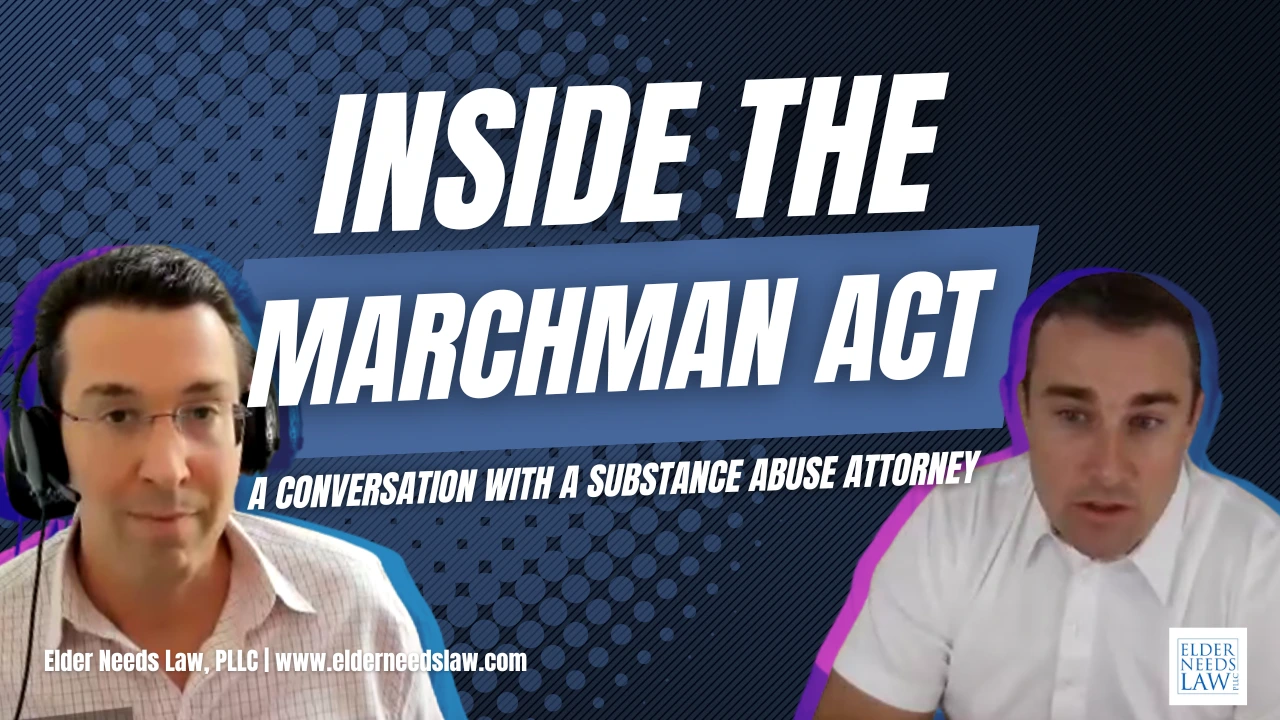What to Do When You Receive a Medicare Non-Coverage Notice in a Nursing Facility

When you or your loved one is receiving care in a nursing facility under Medicare coverage, there may come a time when the facility issues what's known as an "Advance Notice of Medicare Non-Coverage." This notice is a critical document that requires immediate attention and understanding of your rights under Florida and federal law.
What is an Advance Notice of Medicare Non-Coverage?
An Advance Notice of Medicare Non-Coverage is a formal notification from your nursing facility indicating they plan to stop billing Medicare for services they believe Medicare will no longer cover. The facility must provide this notice at least two days before they intend to stop billing Medicare.
Why do facilities issue these notices? Unfortunately, nursing facilities often worry about potential fines from Medicare for providing services that might be deemed unnecessary. In some cases, facilities may also be looking for reasons to discharge patients.
Your Three Options When Receiving This Notice
When presented with this notice, you have three choices:
- Continue receiving care and require the facility to bill Medicare - This option allows you to maintain your current care while challenging the facility's determination.
- Continue receiving care without billing Medicare - With this choice, you acknowledge that Medicare won't cover the services, but you agree to pay privately.
- Decline the care and leave the facility - This option is typically chosen by those who agree they no longer need the care or are ready to be discharged.
The Appeal Process in Florida
If you believe Medicare should continue covering your care, selecting the first option triggers an appeal process through what's now called Accentra Health (formerly Kepro). This organization is a government-contracted entity that mediates disputes about Medicare coverage.
Important Florida resident protection: While your appeal is being processed, the nursing facility cannot bill you personally. They must await Accentra Health's decision before determining financial responsibility.
Preparing for a Successful Appeal
When considering an appeal, don't proceed based solely on personal feelings about needing care. For Florida residents to have the best chance of winning their appeal, they should:
- Secure support from the doctor who prescribed the care
- Get statements from therapists providing the care
- Collect documentation showing improvement or prevention of deterioration
- Have medical professionals ready to advocate with Accentra Health
Financial Risks to Consider
Florida seniors need to be aware that if your appeal is denied, you become personally responsible for the cost of services received after the notice period (two days after receiving the notice). This financial risk makes it crucial to have strong medical support for your appeal.
What If The Facility Fails to Provide Notice?
If a nursing facility fails to provide the required Advance Notice of Medicare Non-Coverage, they cannot hold you financially responsible regardless of Medicare's ultimate decision. This is an important protection for Florida nursing home residents.
Getting Help With Medicare Coverage Issues
Navigating Medicare coverage in nursing facilities can be complex. For Florida residents facing these challenges, consulting with an elder law attorney who specializes in Medicare and long-term care issues can make a significant difference in protecting your rights and finances.
Our firm focuses on helping Florida seniors and their families with Medicare planning, Medicaid qualification, and protecting assets while securing necessary care.
Visit us at elderneedslaw.com or medicaidplanninglawyer.com to learn more about how we can help you with Medicare and Medicaid planning in Florida.
Resources for Florida Seniors
For more in-depth information on Medicaid planning and how to cover long-term care expenses, check out our book: "Medicaid To Pay Some Of Your Long-Term Care Expenses"







